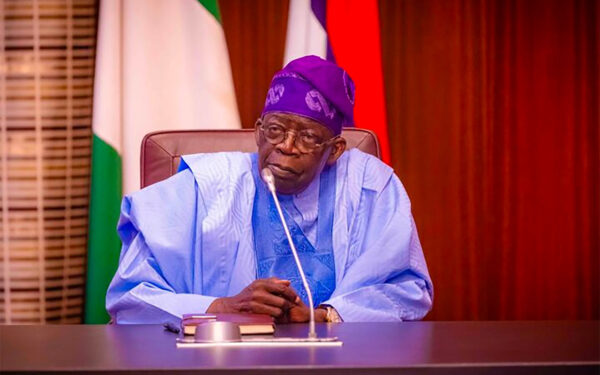Economic experts have criticised the composition of the economic team President Bola Ahmed Tinubu established, describing it as flawed.
Tinubu recently approved the creation of the Presidential Economic Coordination Council (PECC) and the Economic Management Team Emergency Taskforce (EET) to address the country’s prevailing economic challenges.
The PECC, chaired by President Bola Tinubu and Vice-Chairman Vice-President Kashim Shettima, includes members such as the President of the Nigerian Senate, Chairman of the Nigeria Governors’ Forum, Coordinating Minister for the Economy and Minister of Finance, Governor of the Central Bank of Nigeria, and other relevant ministers. Additionally, some members of the organized private sector, including Alhaji Aliko Dangote, Mr Tony Elumelu, Alhaji Abdulsamad Rabiu, Ms Amina Maina, Mr Begun Ajayi-Kadir, among others, will join the council based on the President’s directive.
However, economic experts have raised concerns about the composition, suggesting it includes stakeholders with vested interests rather than impartial professionals.
Ndubisi Nwokoma, a Professor of Economics at the University of Lagos, highlighted that including stakeholders with vested interests may lead to policies that primarily benefit their businesses rather than focusing on broader economic welfare.
He said, “The composition of that team is somewhat flawed because these stakeholders are all interested in the economy. If you bring in people who have interests, they will protect their interests and businesses.
“They would be thinking of policies that would favour them; nobody would go into a discussion that would work against him.
“I think bringing professional bodies like the Nigerian Economic Society—these are purely intellectuals, people that don’t have any stake who are not business men, who are just looking at the contextual issues and looking at the direction of Government and finding out where the government ought to take the economy to and what should be done to get there.”
“Every government needs to have a body of experts to advise them on the efficacy of policies put in place and what the new policies are to ensure the economy works better.
“In terms of the composition, the intellectuals and experts working in this area are not there. What you see are largely government-assisted people who are interested in one contract or the other. So, they are not going to be neutral in terms of the advice they are going to give. There is a likelihood that they would want to protect their interests. You don’t have lecturers, you don’t have the Nigerian Economic Society who are on the intellectual side of the society.”


